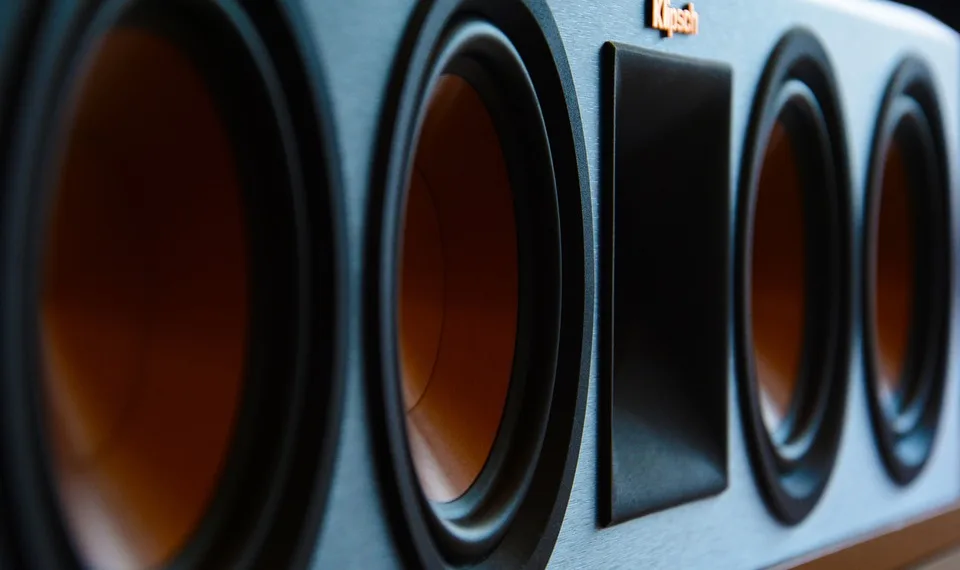When it comes to audio systems, one of the most common questions that enthusiasts and casual listeners alike ponder is whether having more speakers results in better sound quality. The answer isn’t straightforward; it depends on various factors. In this article, we will dissect the relationship between the number of speakers and audio quality to better understand how they interact.
Understanding Audio Quality
Before diving into the importance of speaker quantity, it’s essential to grasp what defines good audio quality. Several elements contribute to audio performance:
- Clarity: The ability to hear distinct sounds, including vocals and instruments.
- Balance: A harmonious blend of bass, midrange, and treble frequencies.
- Dynamics: The range between the quietest and loudest sounds in a track.
- Soundstage: The perceived spatial quality of sound – how wide and immersive the listening experience feels.
These factors are critical when assessing audio systems and can influence whether more speakers will enhance your listening experience.
Speaker Configuration Matters
Types of Speaker Setups
The configuration of speakers can significantly impact their performance. Below are some common arrangements:
-
Two-Channel Stereo: A basic setup with left and right speakers, optimal for music listening. The soundstage is limited compared to multi-speaker systems.
-
Surround Sound: Involves multiple speakers positioned around the listener—standard 5.1 or 7.1 configurations. This setup is favored for home theaters as it creates an immersive audio experience.
- Multi-Room Systems: These systems allow sound to be distributed throughout different rooms, often involving multiple speakers that can be controlled independently.
Influence on Sound Quality
-
Stereo vs. Multi-Speaker Systems: While two speakers can provide excellent sound quality, introducing more speakers, particularly in a surround sound setup, generally enhances the immersive experience.
- Speaker Placement: Adding more speakers can lead to sound quality improvement if they are adequately positioned. Poor placement can result in muddled sound, regardless of how many speakers are present.
Quality Over Quantity
Premium Speakers vs. More Speakers
-
Sound Quality: A high-quality two-speaker setup can outperform a lower-quality multi-speaker array. Investing in good speakers can produce richer, more detailed sound.
- Integration: It’s crucial that all speakers in a system work well together. A cohesive sound requires speakers from the same brand or model range, ideally matched in design and capability.
Room Acoustics
-
Room Size: Larger rooms may benefit from more speakers, as sound can dissipate, and a higher number of speakers can fill the space more effectively.
- Acoustic Treatment: Regardless of speaker quantity, if the room isn’t acoustically treated, sound quality can suffer due to echoes or dead spots.
Practical Considerations
Cost vs. Benefit
-
Budgeting: More speakers typically mean higher costs. Consider whether adding more will yield enough improvement in sound quality to justify the expense.
- Complexity: Larger speaker systems can require more complex setups, which may involve additional equipment like amplifiers or receivers.
Listening Preferences
- Personal Taste: Individual preferences for music genres can also dictate preferred setups. Some users may enjoy the precision of stereo systems, while others may favor the enveloping sound of surround setups.
Maintenance and Wiring
-
Cabling and Setup: With additional speakers comes the need for more cabling, which can complicate setup and require more maintenance.
- Placement Challenges: More speakers mean determining optimal placement becomes more important in order to avoid phase issues or imbalanced sound.
In summary, the quantity of speakers can influence audio quality, but it’s not the sole determining factor. Quality, speaker placement, room acoustics, and individual preferences play significant roles. Ultimately, whether more speakers sound better depends on the overall context of the listening environment and personal taste.









